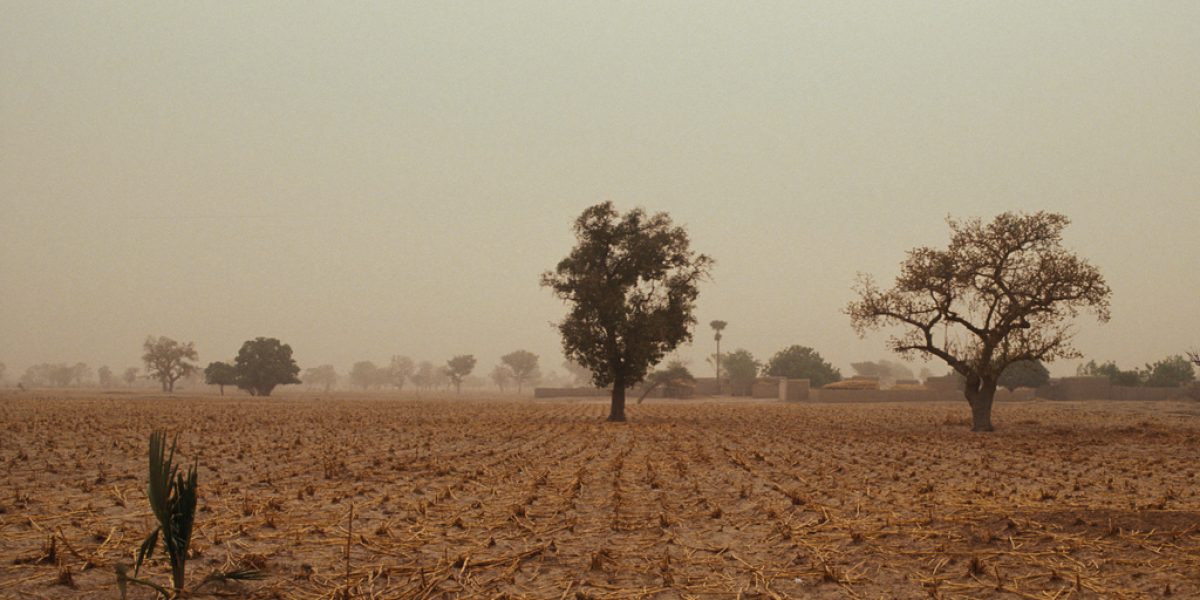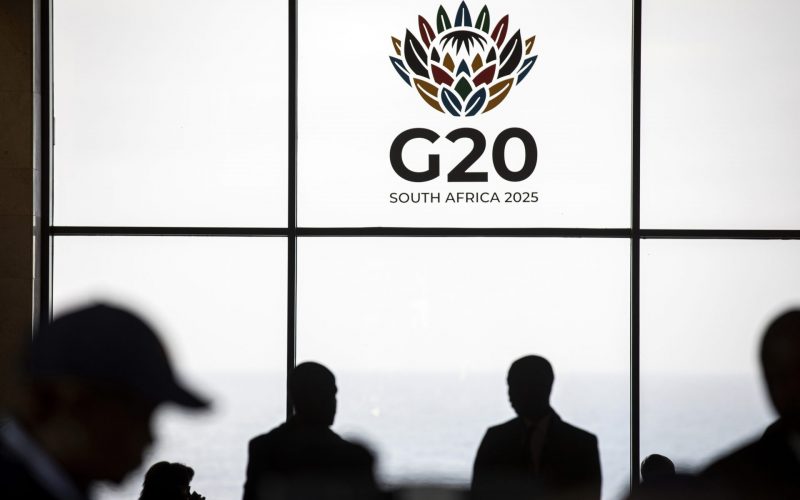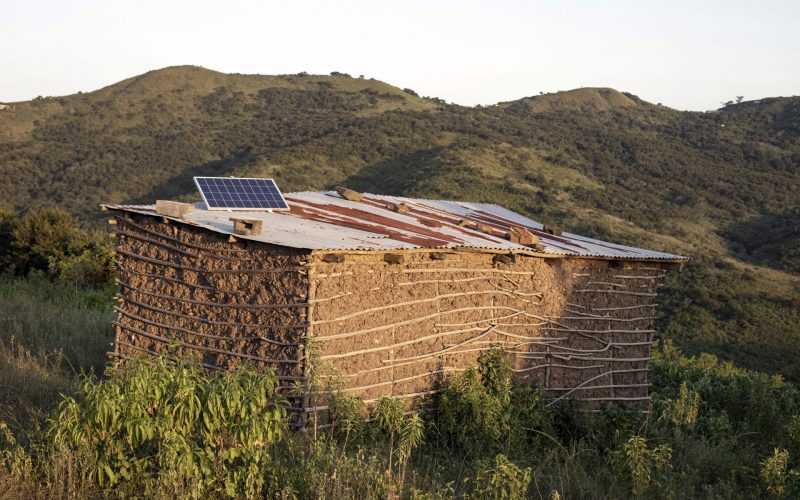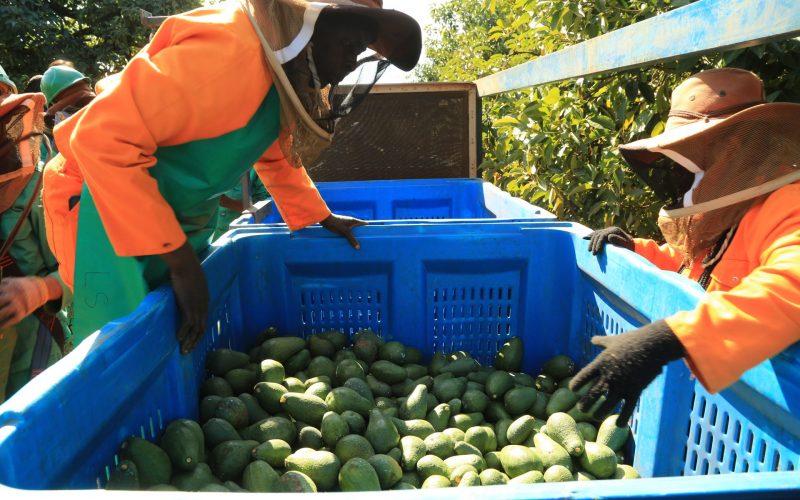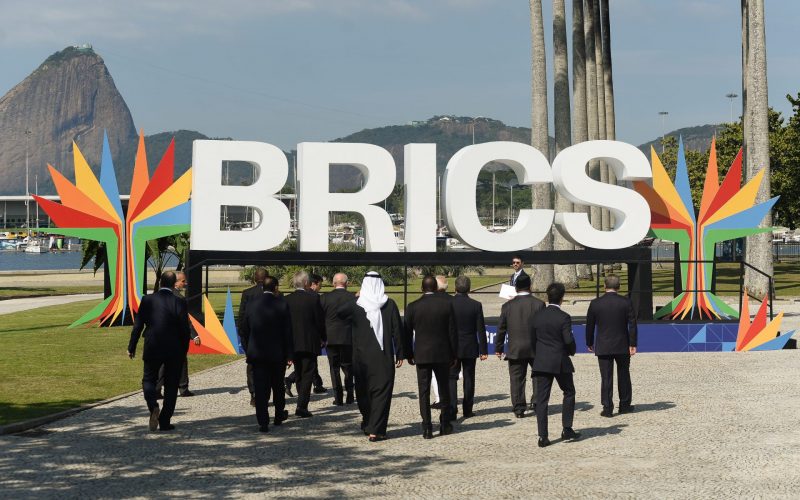The objectives of the regional consultation were to explore the issues at the interface of trade and climate change of concern and interests to African countries and identify a positive agenda able to contribute to engagement of African countries in the process of negotiations towards the UNFCCC Copenhagen summit in December.
The global economic crisis is deeply affecting developed and developing countries’ economies. Indeed, 2009 will be a year full of critical challenges, but also potentially valuable opportunities for governments, business, and civil society actors to rethink current models of economic growth and investment patterns worldwide. Climate change and poverty challenges worldwide, however, require that any forthcoming solutions to the economic crisis are also socially and environmentally sustainable.
During the 13th UNFCCC’s Conference of Parties (COP) in Bali, Trade Ministers highlighted the potential role of trade in climate change responses. Moreover, they stressed the need for deepening analysis and understanding of the trade and climate change nexus and its sustainable development implications. African countries are particularly vulnerable to the physical impacts of climate change. Their ability to withstand and recover from the global economic crisis, moreover, stands to be impaired by some of the responses to the challenges of climate change taken by other countries and the international community.
The majority of African countries face significant levels of poverty and increased levels of climate-related threats such as droughts, floods, hurricanes, superimposed upon existing vulnerabilities. While these countries represent only a small portion of world trade, they are amongst the most open and trade-dependent in the world. Their key trade sectors such as agriculture, fisheries and tourism are among the most susceptible to the impacts of climate change. Many of these countries have struggled and achieved limited success in diversifying their economies.
Given that most countries in the region are either Least Developed Countries (LDCs), Small and Vulnerable Economies (SVEs) or Small Islands Developing States (SIDS), which look towards trade as a driver of economic growth, trade policy will be an important element in strengthening these countries’ resilience to external shocks, including those arising from climate change’s physical impacts and the international regime being evolved to counter these consequences. The larger economies in Africa will also play an important leading role in the enhancement of trade and productive capacities in the region. The interface between trade and climate change has entered the international policy arena, however, much is yet to be explored in terms of deepening the various stakeholders’ knowledge on nature of the links between these two issues and their future sustainable development implications.
Hence the dialogue brought together Geneva-based trade negotiators from Africa; policy-makers; climate change and development analysts; civil society and private sector representatives; experts; academics; and IGOs for two days to discuss these issues and identify the policy priorities and future research agendas to address key trade and climate change issues for these countries.
Click here to access the workshop report.


